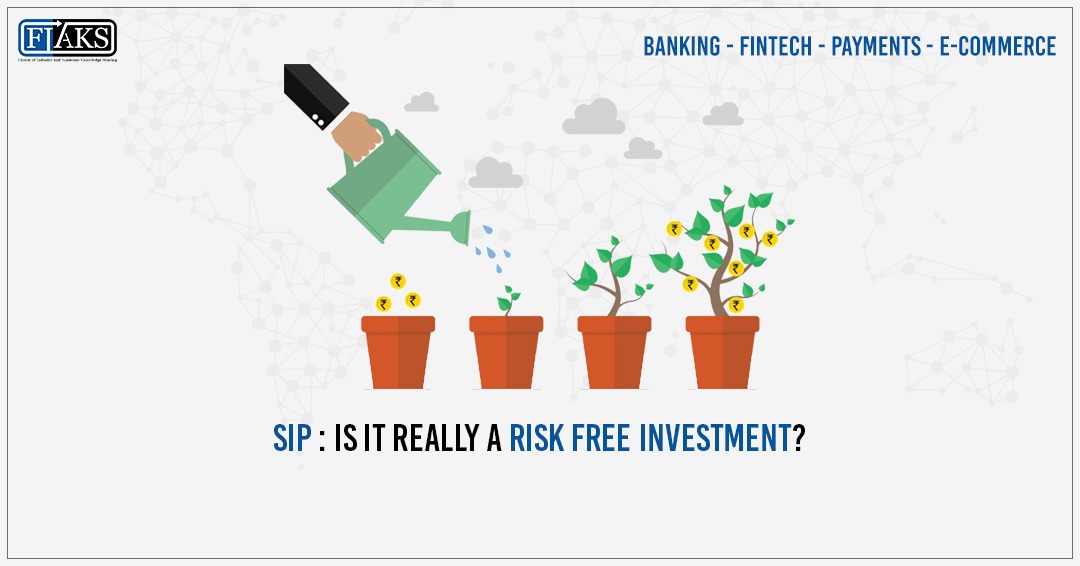Several Founders, Co-Founders, CXO Bankers, CXO Fintech professional & people who participated in the ePanel discussions:
- Mr. Neeraj Chandra, Head of Operations & Technology, Abu Dhabi Commercial Bank
- Mr. Manish Jeloka, Former Executive Director Wealth Market Product and Sales, Standard Chartered Bank
- Mr. Sridhar R, Former President & Credit Risk Officer, Lakshmi Vilas Bank
- Mr. Ghosh, Associate Editor, Economic Times
- Mr. P B Prakash, Head Financial Institutions Group, Indusind Bank
- Mr. Raj K Prasad, Head – GCC & CEO, DIFC Branch at Axis Bank
- Mr. Avro Mukerji, Investment counselor-NRI Burgundy, Axis Bank
- Mr. Rakesh Watal, Senior Vice President, HDFC Bank
- Mr. Ruchir Inamdar, Co-Founder, Quikepic Technologies Pvt Ltd
- Mr. Anand Kulkarni, Director, IDFC Bank
- Mr. Vikas R Panditrao, Co-founder, Forum of Industry and Academic Knowledge Sharing (FIAKS)
- Many other CEO/CXO Bankers & Fintech professionals on FIAKS Forum requested to remain anonymous
FIAKS community member points out- the presumption that investing through SIP makes it risk-free is not correct. No investor believes it and it is not sold like that. The risk is in the asset class.
Firstly, let’s have a basic understanding of SIP:
A Systematic Investment Plan (SIP) allows investors to invest small amounts periodically at intervals instead of a lump sum in a mutual fund scheme of their choice. One can invest fixed amount either weekly, monthly or quarterly thereby averaging out the cost of investing and reducing the risk of investment. However, this definition can be subjective on the other hand as well. They are aimed at small amounts where it may be cumbersome and inconvenient to do otherwise in direct equity.
Here are some of the risk factors involved in SIP:
- SIPs are passive predictable flows into specified stocks at known periodicity. Which means the market knows how much money will come via SIP each month and to which stocks /segments they will flow. It means others can front-run SIP investors easily. For example, if a person knows X amount will chase stocks of a particular company say HDFC Bank or a sector say infra, then large players can time their buying and selling suitably to benefit from this information. While this may not be strictly illegal, it puts SIP investors at a disadvantage. If you are bullish on market it is better to buy at dips rather than be a passive investor. Except in extended bull markets, the yield from SIPs may be hardly better than a recurring bank deposit.

